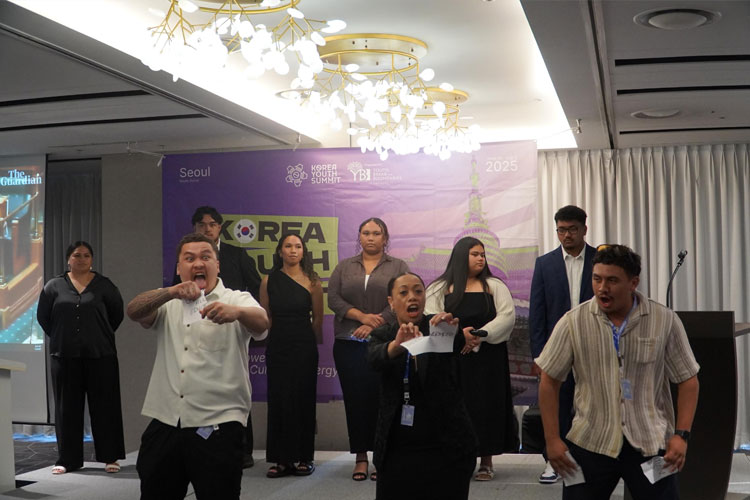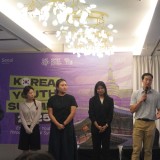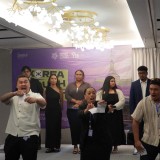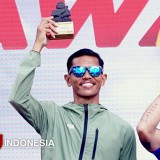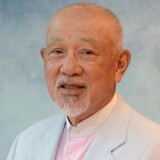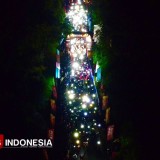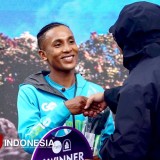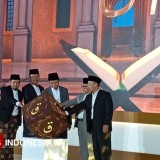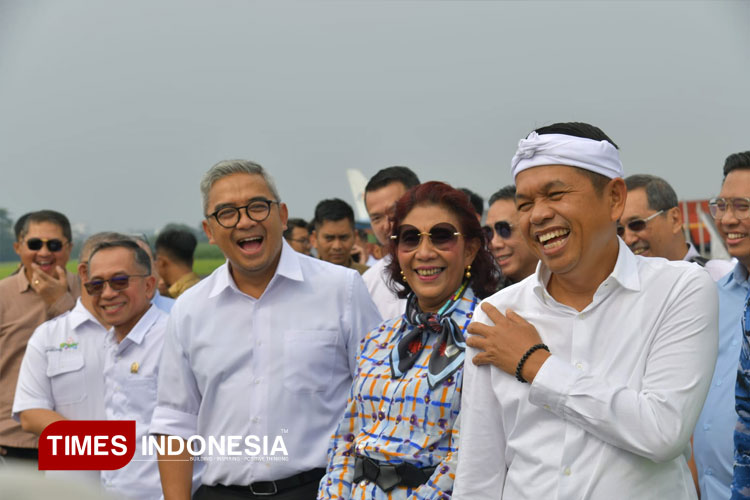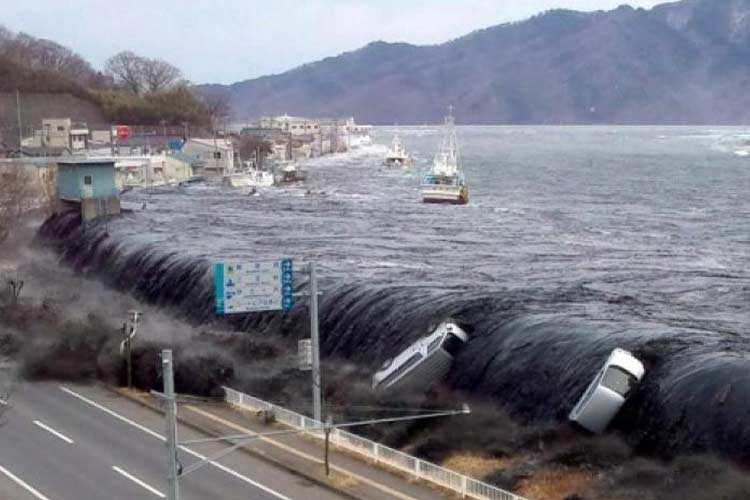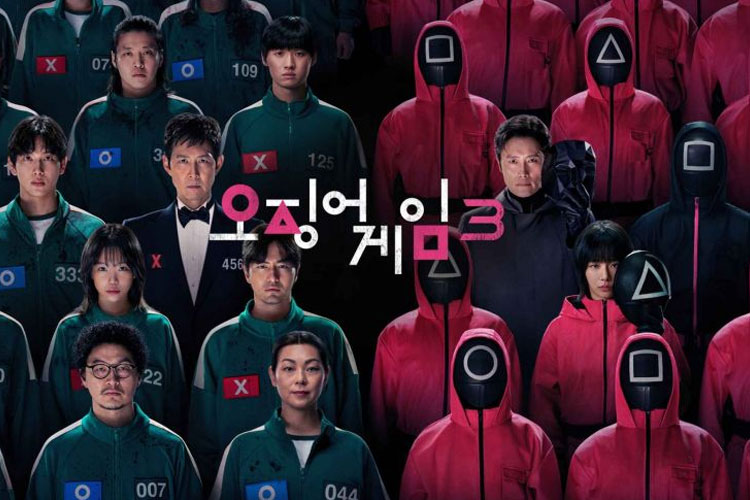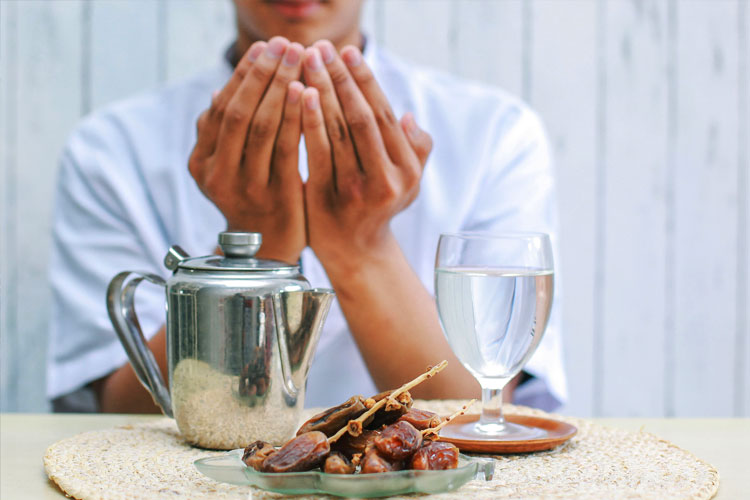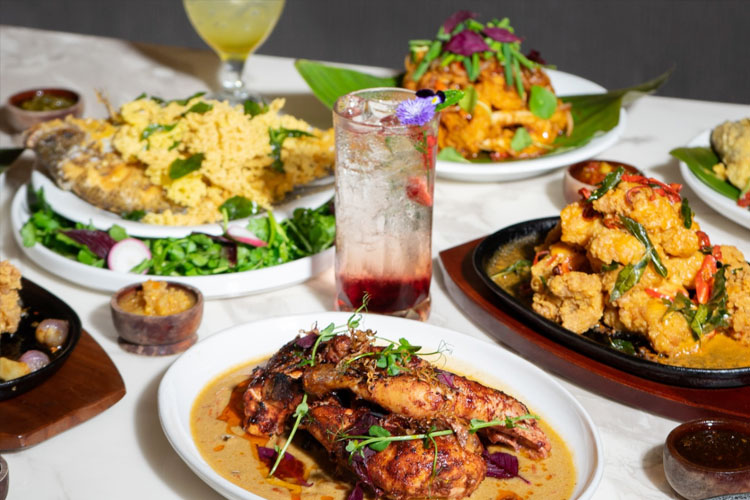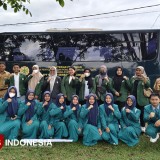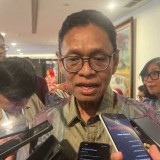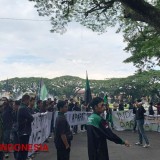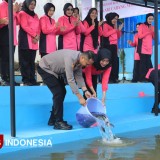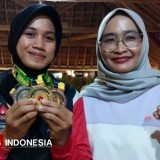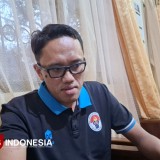TIMES AUSTRALIA, SOUTH KOREA – The thunderous sound of synchronized stomping and rhythmic chanting filled the main hall of the Korea Youth Summit 2025. Hundreds of delegates from around the world fell silent. They were captivated by a performance unlike any other, the powerful and soul-stirring haka presented by the youth delegation from New Zealand.
In an instant, the calm atmosphere was transformed into one brimming with passion and spiritual energy. The rhythmic foot-stomps, chest slaps, and piercing calls of the performers merged into a collective force of raw emotion and cultural pride. It was not just a dance, it was a declaration.
Haka is far more than a performance. It is a bold expression of identity and spirit, deeply rooted in the traditions of the Māori, the Indigenous people of Aotearoa (New Zealand).
For centuries, the Māori have preserved their language, Te Reo Māori, and their values—such as whānau (family), mana (dignity and authority), and whakapapa (ancestral lineage)—as the core of their cultural strength.
Originally performed to welcome guests or prepare for battle, haka has evolved into a form of expression that symbolizes unity, respect, strength, and remembrance. It is performed in ceremonies, on sports fields, and now, on international stages.
With resolute faces, the young delegates from New Zealand and the Pacific stepped forward. Their synchronized movements and forceful chants echoed across the room, conveying stories far older than any of us present. Their performance was not about choreography, it was about connection. It was a living prayer.
“Haka is the voice of our ancestors. When we perform it, we carry their spirit with us. This is not a show, it’s who we are," said Tama, one of the New Zealand delegates.
The Māori people have lived in New Zealand for over a thousand years. During colonial times, their traditions were threatened. Yet today, a new generation rises proudly, bringing the haka to global audiences—not to entertain, but to educate and inspire.
The haka that night was visually stunning, but more than that it was deeply moving. Many in the audience were visibly emotional.
“I don’t know why, but I felt something so powerful. It was as if I could feel their respect for the land and their ancestors," Dave, a delegate from Eastern Europe said.
The Korea Youth Summit 2025 became more than just a space for discussions and dialogue, it became a celebration of heritage. Through the haka, delegates were reminded that in an increasingly modern world, the deepest strength often lies in honoring one’s roots. (*)
Artikel ini sebelumnya sudah tayang di TIMES Indonesia dengan judul: The Power of Haka Echoes at Korea Youth Summit 2025
| Writer | : Khodijah Siti |
| Editor | : Khodijah Siti |
